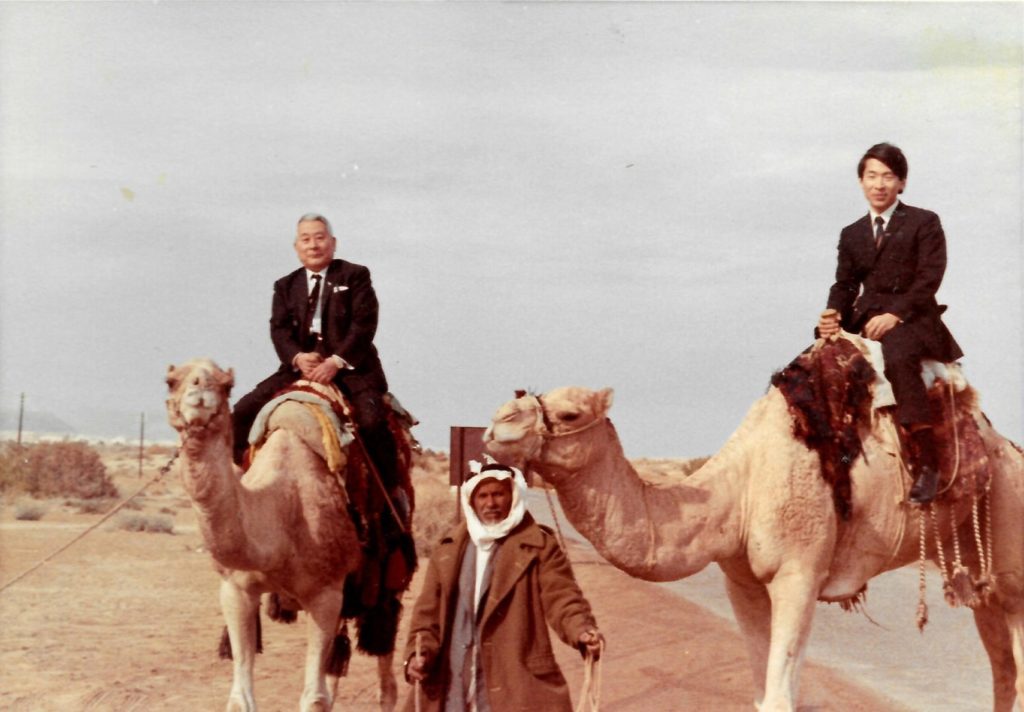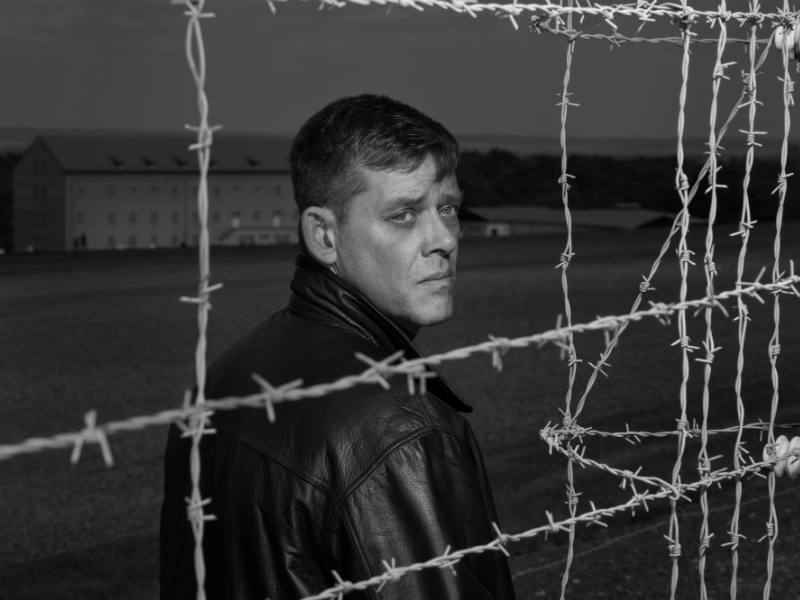The rise of nativism and populism around the globe. Nazis marching with torches on the streets of the United States. Surging anti-Semitism, with Jews and synagogues under attack, sometimes with deadly consequences. And, of course, hate festering online.
Amid all that, and the ongoing struggle for human rights and social justice, it seems fitting that this year’s Holocaust Education Week in Toronto, which runs from Nov. 3 to 10, is curated around the theme: “the Holocaust and Now.”
The theme appears “torn from the headlines,” acknowledges the promotional material for the 39th annual Holocaust Education Week (HEW). “With so much social, cultural and political turmoil occurring globally, we find ourselves discussing the relationship between the Holocaust and what is happening around us today.”
The idea was to cast the Holocaust’s relevance against modern developments, said Dara Solomon, executive director of the Neuberger Holocaust Education Centre.
“We were having a lot of conversations internally about why the Holocaust still matters, not just to the Jewish community, but to all Canadians,” Solomon told The CJN. “With the opportunity to hear from a survivor becoming more and more challenging, we want to make sure that Holocaust memory and education stay relevant because there’s so much to be learned from what happened in the Holocaust – especially now, with everything going on in the world.”
There will be 100 or so lectures, presentations, talk-backs, exhibits, film screenings and other events. Post-week programs run from Nov. 10 to 14, while longer-running events extend to Nov. 29.

HEW’s opening night promises to be powerful. Titled, “Inheritance: Perpetrator, Rescuer, Survivor,” the event will bring together: Rainer Hoess, the grandson of Rudolf Hoess, the commandant of Auschwitz who was hanged for war crimes at the death camp in 1947; Nobuki Sugihara, the son of Chiune (Sempo) Sugihara, the Japanese diplomat posted to wartime Lithuania who issued thousands of life-saving transit visas to Jews; and Allison Nazarian, a granddaughter of Holocaust survivors and author of Aftermath: A Granddaughter’s Story of Legacy, Healing & Hope, who will share the impact of growing up in a survivor family and how she came to focus on healing and the future.
Solomon said that Sugihara wants not only to assure his father’s legacy, but also to present a fully accurate picture of it. “He really wants to ensure that the truth of his father’s story is told and that there’s no need to exaggerate it; (that) he was just a simple man doing the right thing, and let’s not lose sight of that,” she said.

Rainer Hoess now combats his grandfather’s legacy and educates people around the world about the dangers of hate.
The program will take place on Nov. 3 at 7 p.m. at the Bluma Appel Theatre (27 Front St. E.).
Another pertinent event will examine whether the Canadian government’s treatment of indigenous peoples has constituted genocide and what the legacy of the Holocaust means for indigenous activism and policy. That’s on Nov. 4 at 7:30 p.m. in the University of Toronto’s Hart House (7 Hart House Cir.).
With so much hate and extremism taking place online, it seems that mass shootings are always preceded by manifestos posted on message boards. Thus, an especially relevant program takes place on Nov. 7 at 6 p.m. at the Richmond (477 Richmond St. W.)
“The Holocaust and Online Hate” will explore how hate is spreading on the Internet and what can be done about it. Panelists will include representatives from Facebook and Twitter, as well as the Toronto Police Service.
The question of whether free speech rights should cover Holocaust denial will also be explored.
The biggest challenge this year, Solomon explained, was to ensure the relevance of Holocaust education to a wide and diverse audience, “to capture the attention of people beyond the Jewish community. We’re really hoping that these programs that intersect with all these current issues will draw people in and make them aware of the dangers of extreme hate and racism.”
For more details, visit holocaustcentre.com/HEW.
